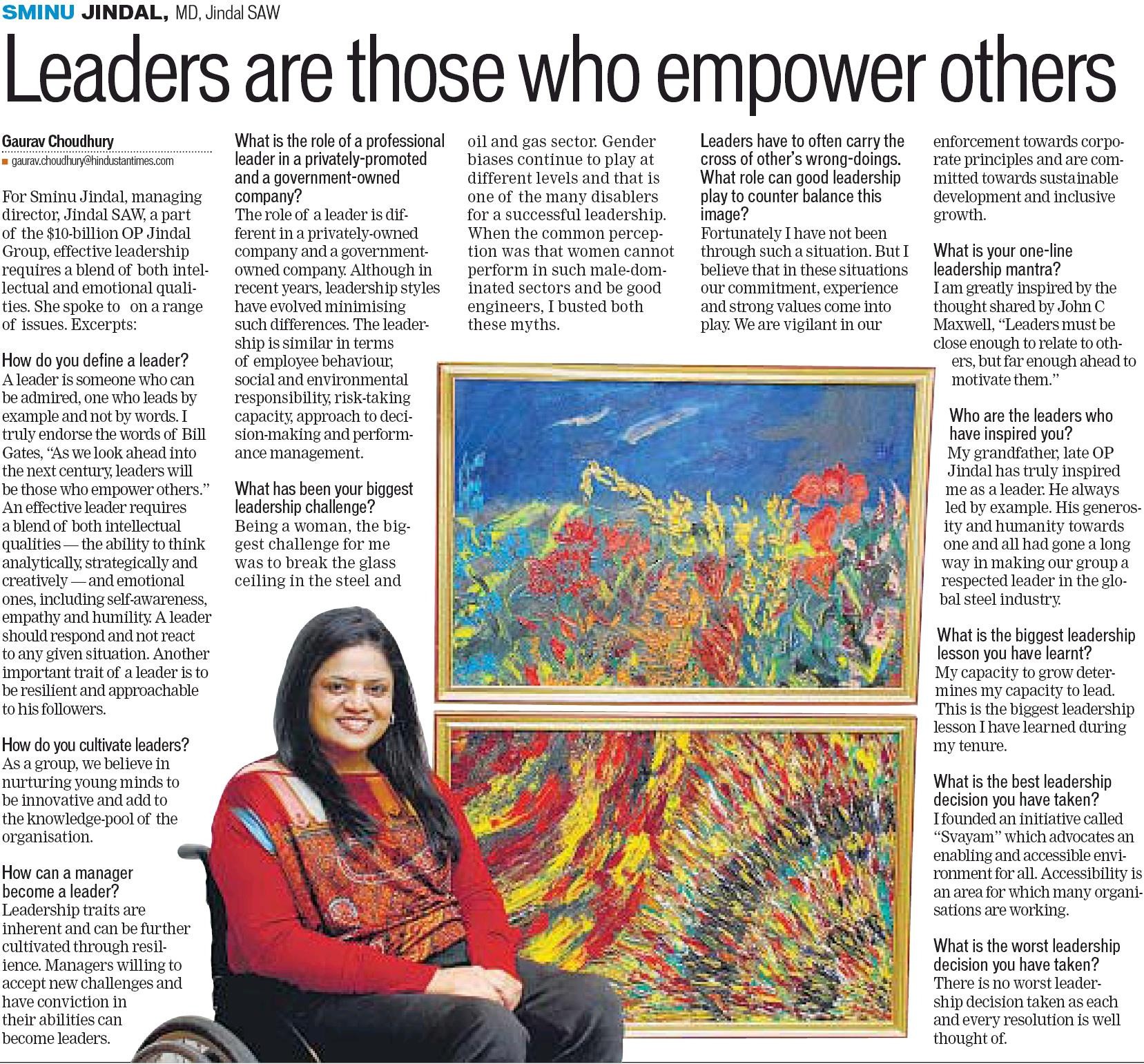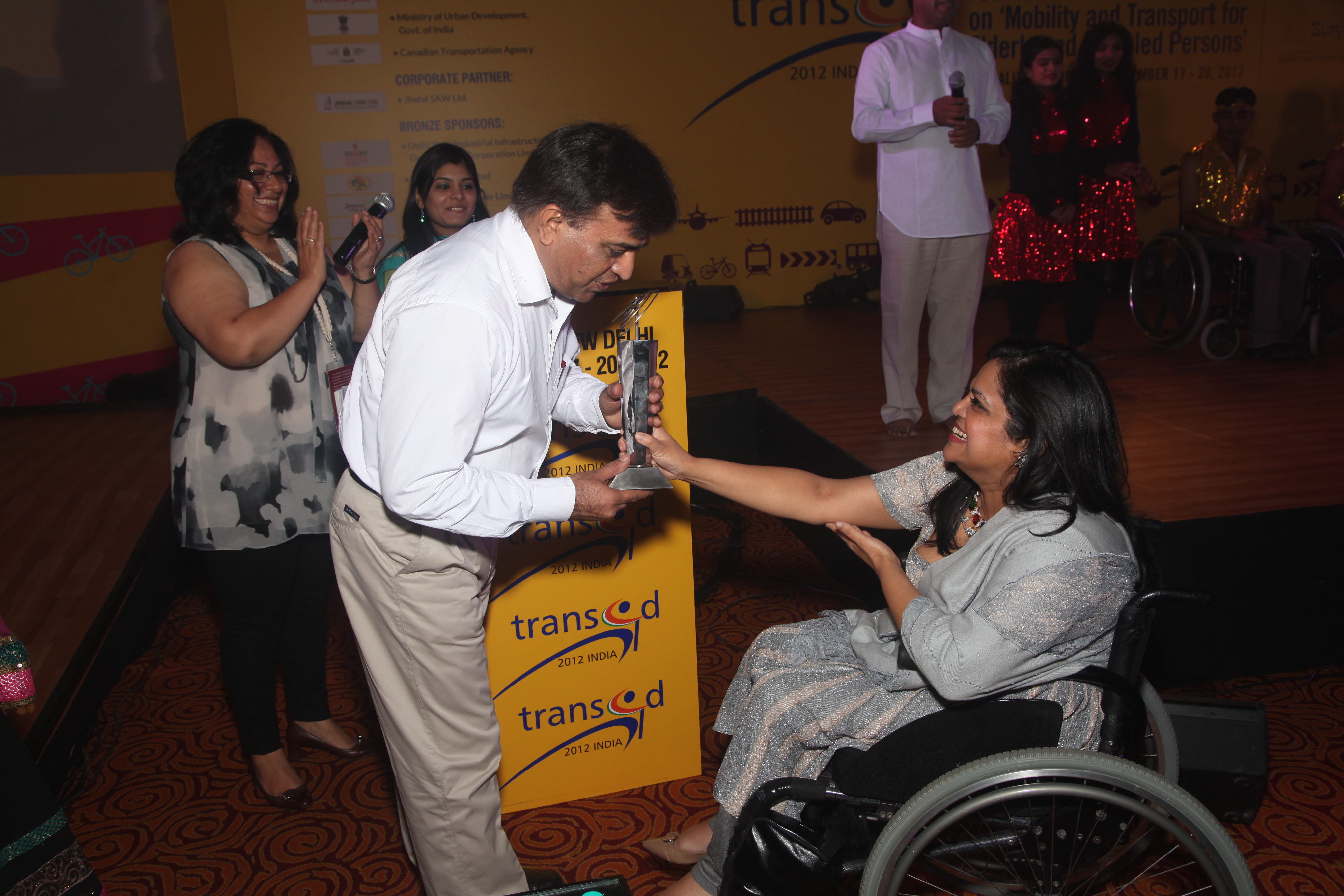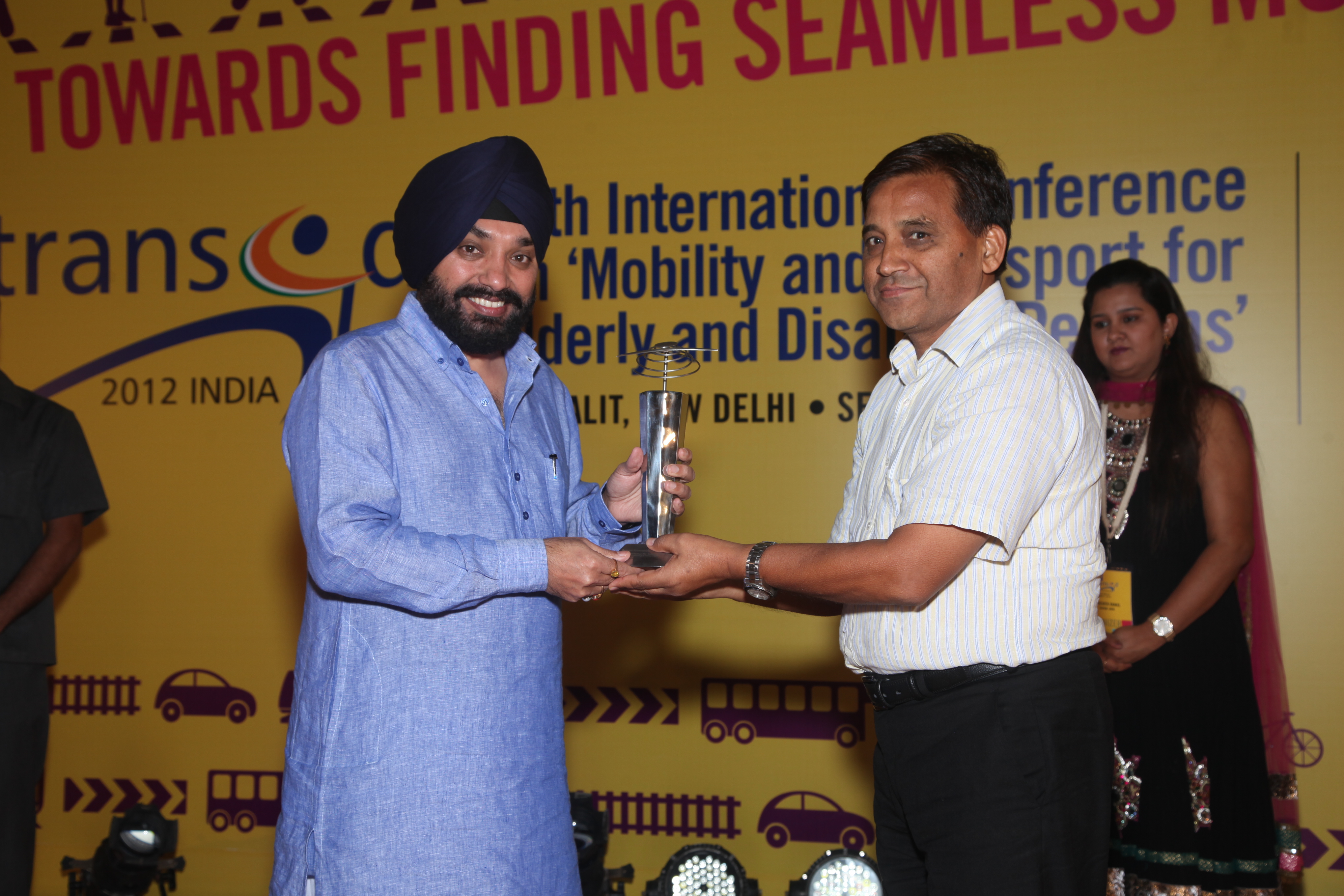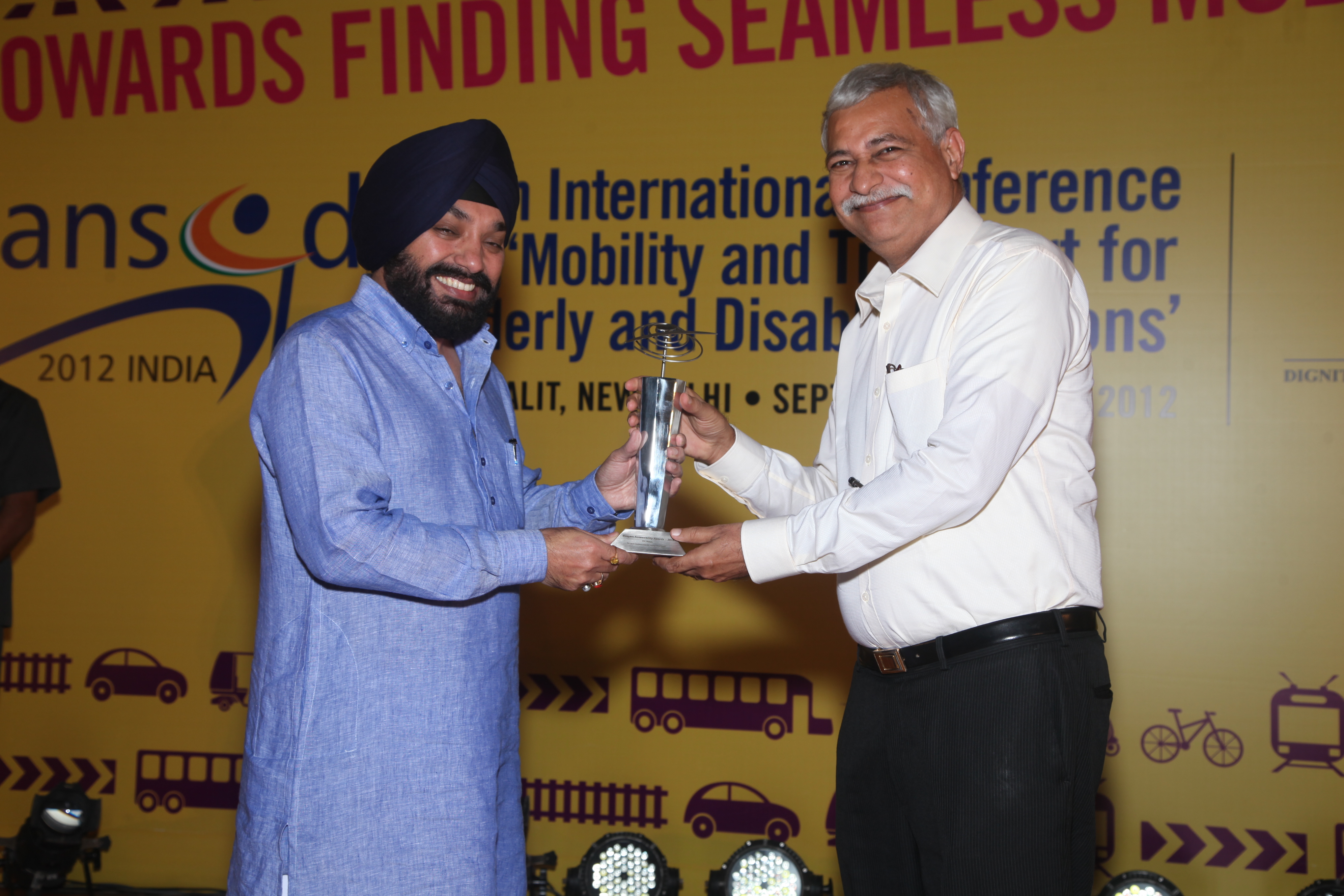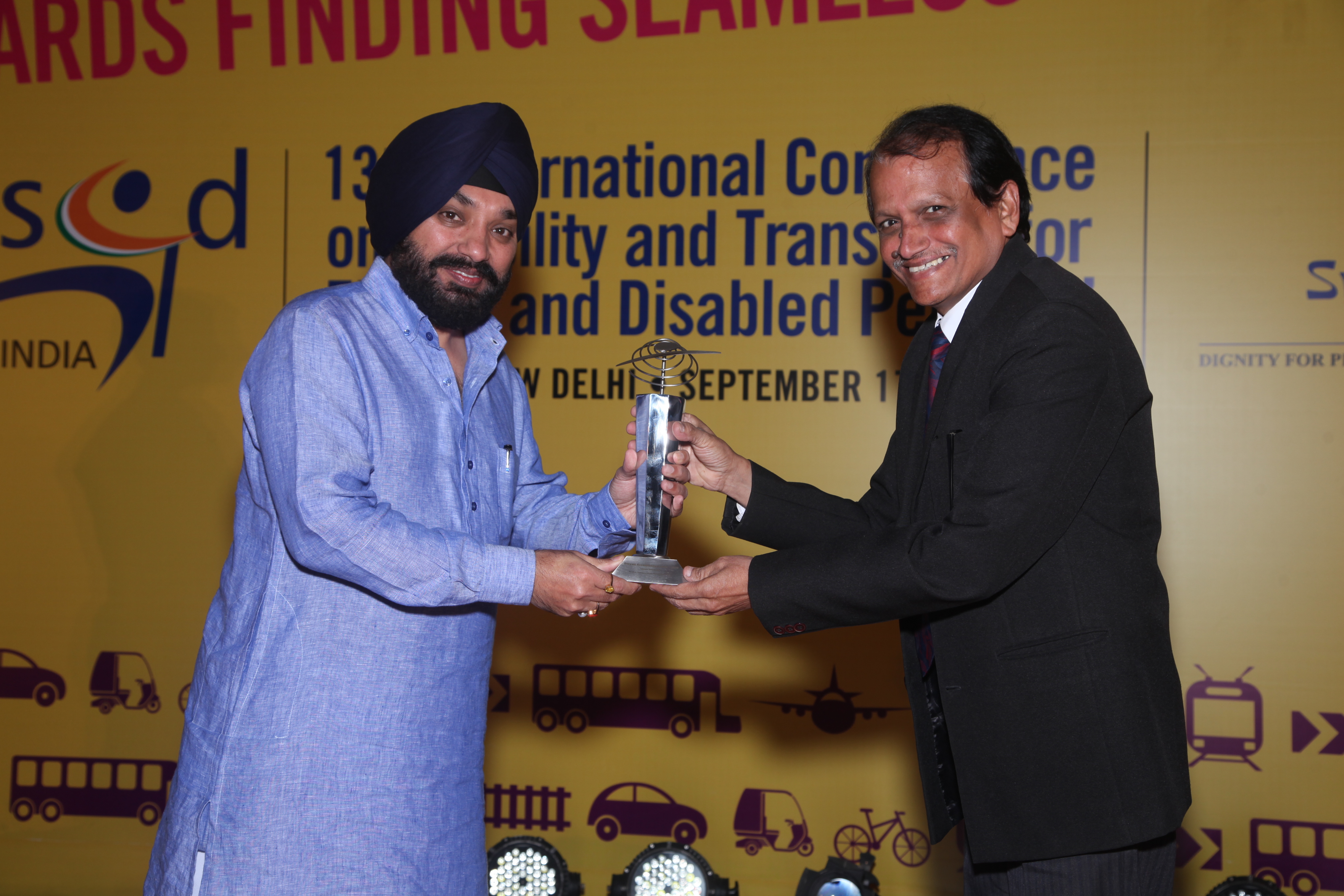A near-fatal accident couldn’t restrain her
Reeba Zachariah & Vipashana V K, TNN | Apr 7, 2014, 12.35AM IST
Silver spoons need to be nurtured so that they remain silver,” says the heiress of Jindal SAW. The eldest of three sisters, she was aware that if she wasn’t good enough, opportunities would be taken away from her. But proving her mettle wasn’t tough, as business was in her blood. At the tender age of 6, when most children had games on their minds, Sminu Jindal had business on hers.
Her ambition was not undermined even by a near-fatal accident, which left her paralyzed below the waist and turned her world upside down. With her parents standing rock solid behind her, Jindal overcame her disability. “The mishap made my belief in God stronger. If not for my wheelchair, I would have been married off before getting a shot at my career,” says the iron lady, adding, “My parents wanted me to be independent first.”
At 19, soon after her class XII, she started her career as a trainee with one of the companies of Jindal SAW, eventually rising to be the boss of the flagship firm. “People were surprised to see a woman in the male-dominated steel business. Many also thought that I was a guy because of my unusual name (Sminu incidentally means ‘the one who keeps smiling’). Some presumed that I was the ‘fifth’ Jindal brother,” chuckles the 39-year-old managing director of Jindal SAW.
She has battled both personal and professional challenges with resilience. During her early days at the company, she faced opposition from male staff who refused to report to her, with some even quitting. “Many thought I had joined the family business to while away time, but there are other better ways to while away my time,” says Jindal, pointing out how silver spoons can go against you.
The wheelchair-bound Jindal, a mother of two school-going boys, says that she is used to curious looks and questions. “I prefer curious minds to an apology. At least curiosity will encourage people to believe that if I could achieve something, they too can.” When Jindal joined the business, she was the only woman besides the receptionist and, in a way, opened doors for other women to join the organization.
The number of women employees has increased, but it’s nothing to boast about, rues Jindal, who is flummoxed by the skewed gender ratio in the steel industry. “Women have it in them equally, may be they don’t have equal opportunities. Every woman, like every man, can’t be a CEO. But women shouldn’t be scared of pursuing their dreams,” says Jindal, who is also a classical singer and painter.
For her own inspiration, Jindal looks up to at all those women who sacrifice careers without feeling guilty, turning homemakers. “Men are successful because they have well-run households. They (housewives) have the most thankless jobs,” says Jindal, who attributes her success partly to her husband, who is also the managing director at Jindal SAW. “We try hard not to get the boardroom into the bedroom,” she says.
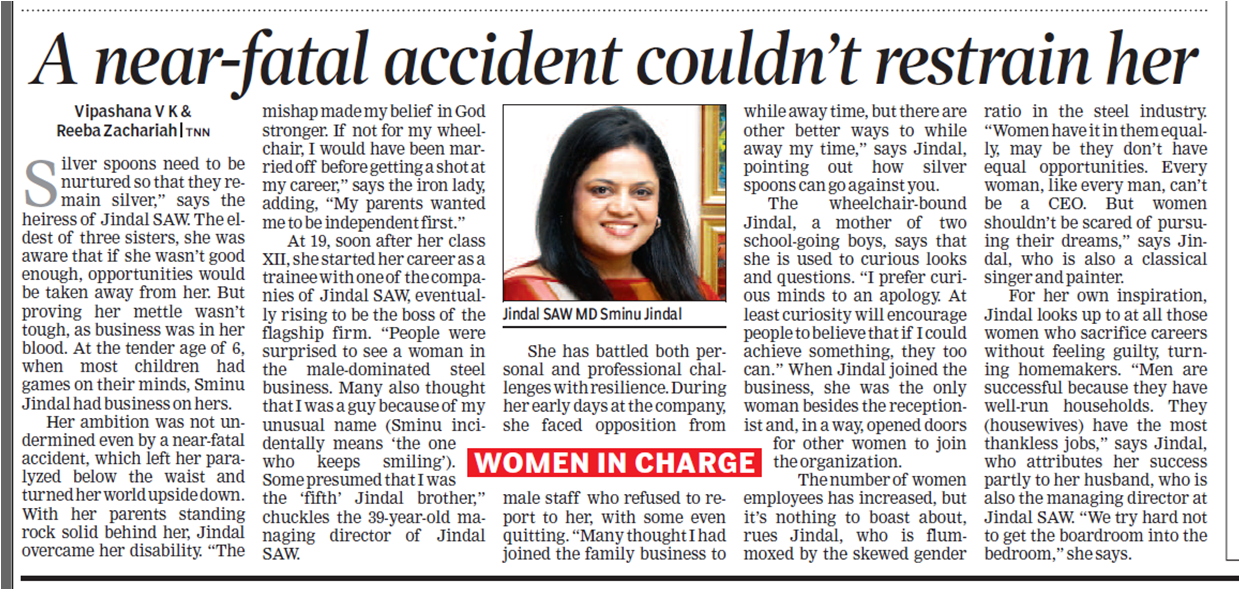

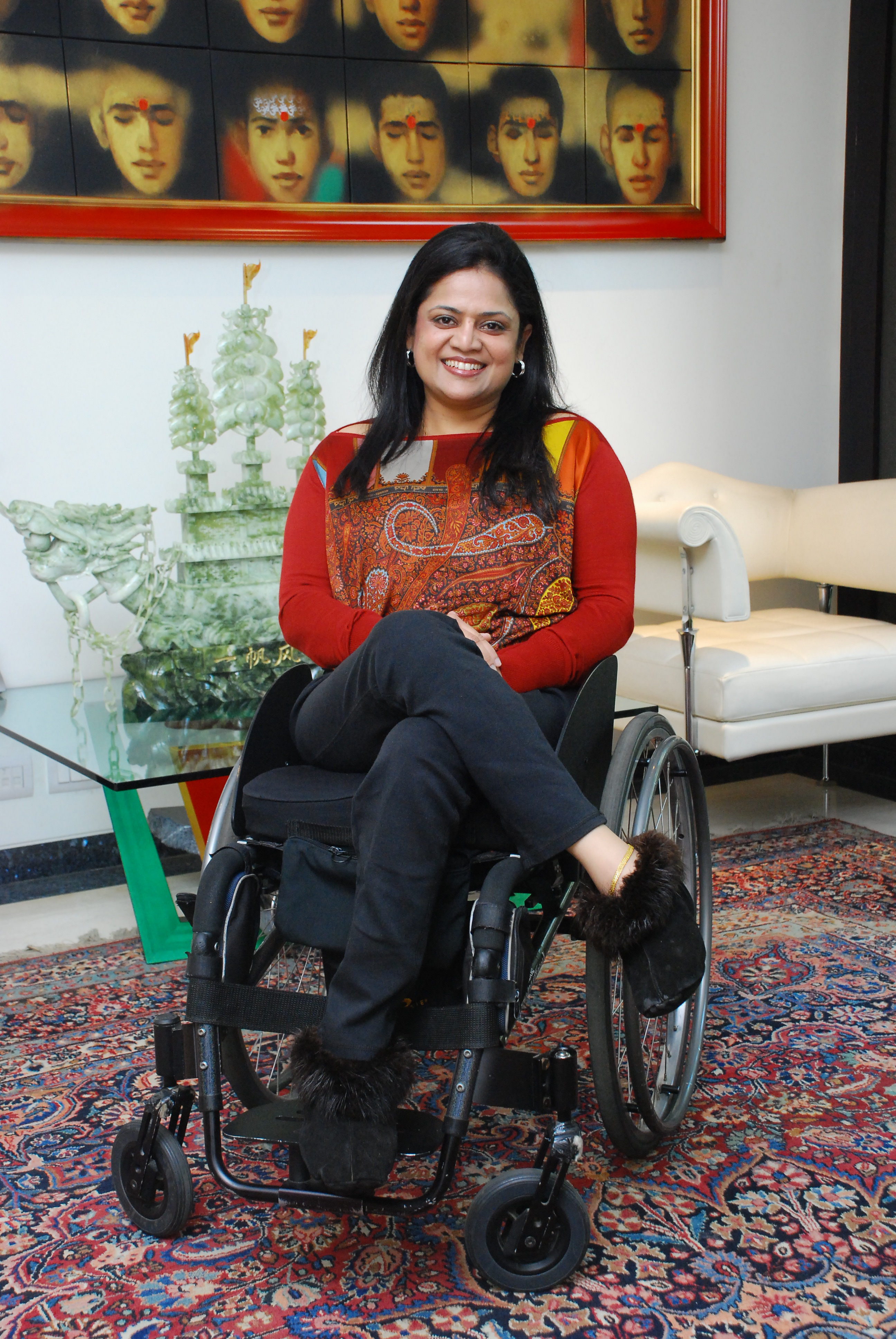 We are glad to share that Ms. Sminu Jindal, Founder, Svayam – National Centre for Inclusive Environments & MD, Jindal SAW Ltd. has been nominated by Loreal Paris Femina Women Awards in the category of “FAVOURITE FACE OF A CAUSE”, which is a Reader’s Choice Award.
We are glad to share that Ms. Sminu Jindal, Founder, Svayam – National Centre for Inclusive Environments & MD, Jindal SAW Ltd. has been nominated by Loreal Paris Femina Women Awards in the category of “FAVOURITE FACE OF A CAUSE”, which is a Reader’s Choice Award.